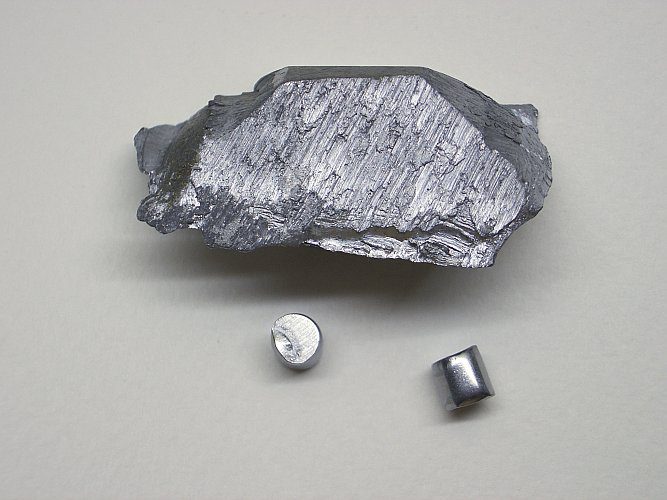You don’t hear every day about vanadium dioxide (VO2), that’s for sure, which means that it’s not to blame if you’re not aware of this compound’s incredible trait of storing memories of external stimuli. That’s the incredible discovery of a team of scientists led by Mohammad Samizadeh Nikoo, an electrical engineer of École Polytechnique Fédérale de Lausanne in Switzerland, according to ScienceAlert.
As you’ve probably already guessed, it was the first time when researchers discovered such an incredible trait in a material. What’s perhaps even more shocking is that vanadium dioxide doesn’t even represent some exotic form of life, nor does it possesses a ‘brain.’
More options for data storage in the future?
Whether we like to admit it or not, the world indeed needs more options when it comes to data storage. Oddly enough, the new discovery might bear fruit in such directions in the future. Who knows, maybe it will give tech giants such as Samsung or Intel a run for their money someday when it comes to the classical ways of storing data, such as SSDs.
Here’s an official statement coming from the research team, as ScienceAlert quotes:
Here we report electronically accessible long-lived structural states in vanadium dioxide that can provide a scheme for data storage and processing,
These glass-like functional devices could outperform conventional metal-oxide-semiconductor electronics in terms of speed, energy consumption and miniaturization, as well as provide a route to neuromorphic computation and multilevel memories.
Vanadium dioxide has the ability to switch between behaving as an insulator or a metal with good conductivity under certain temperatures. This ability is known as the metal-insulator transition. The smoking gun was found a few years ago when it turned out that the way atoms arrange themselves in the lattice pattern is what causes the change.
The new discovery was published in Nature Electronics.












Leave a Reply